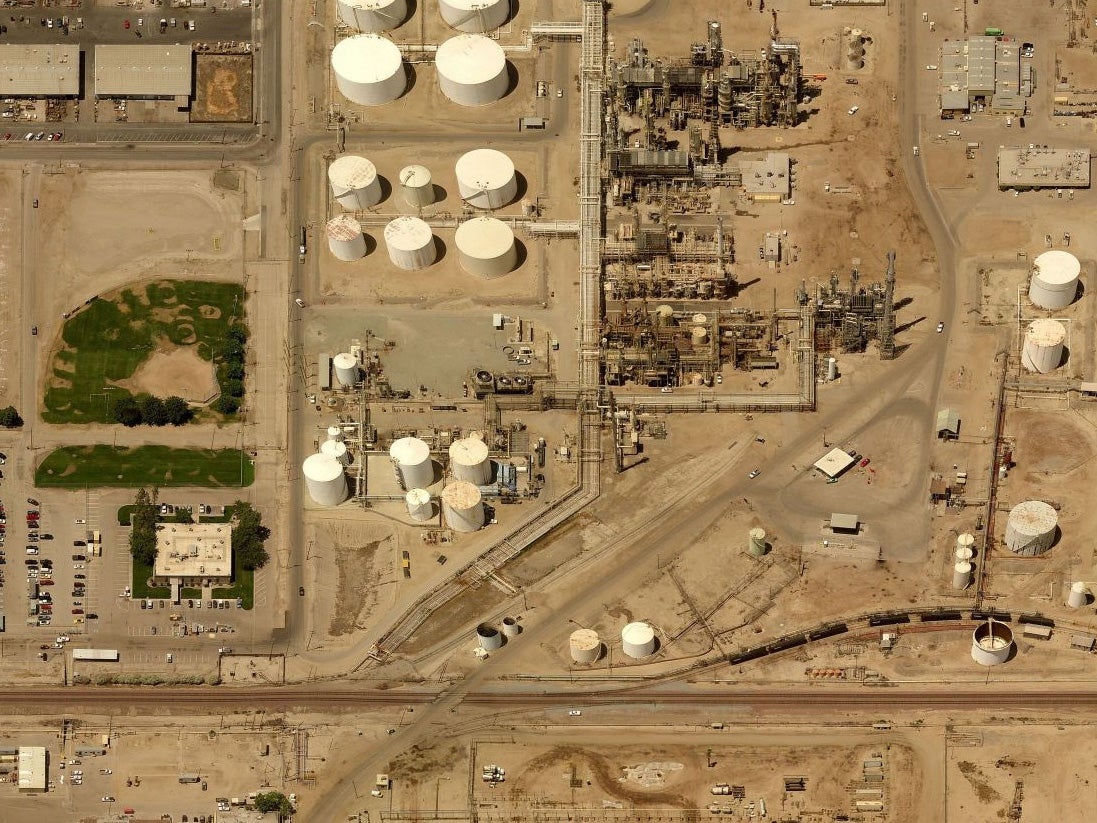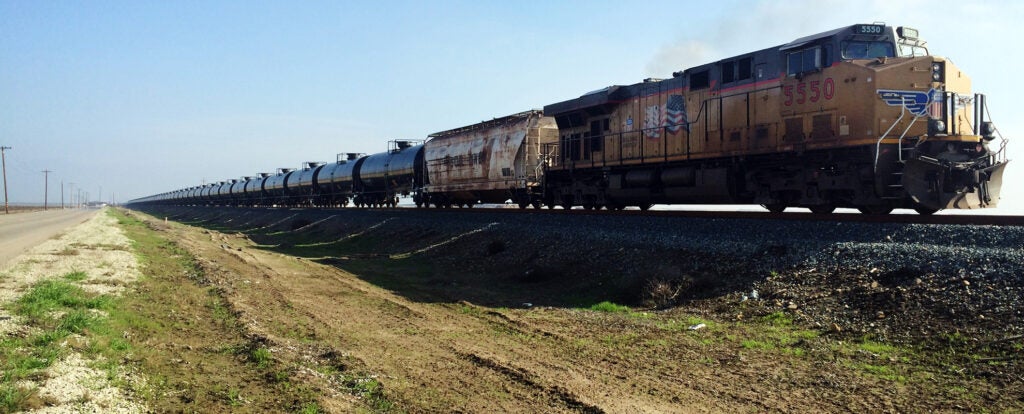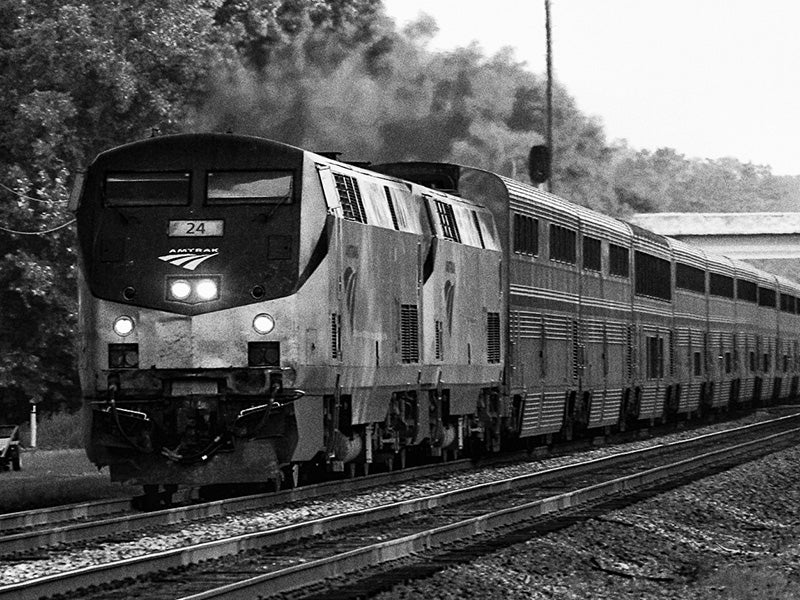Challenging Alon Refinery’s Plan To Open Floodgate of Bakken Crude Into California’s Central Valley
Two mile-long trains a day would snake past numerous Central Valley communities—and right past Bakersfield High School. Derailments and explosions involving Bakken crude have been increasing as production has ramped up. Reopening the facility would subject residents of the San Joaquin Valley to further deterioration of their air quality, which is already badly impaired by industrial pollution.
Clients
Regional Office / Program
Case Overview
A coalition of concerned citizens, environmental groups, and health and safety advocates have filed a lawsuit against the Kern County Board of Supervisors challenging its approval of a massive oil refinery and rail project that will further harm air quality in the San Joaquin Valley and subject residents in several states to the catastrophic risks of a derailment involving scores of tanker cars filled with explosive Bakken crude oil.
The Alon Bakersfield Refinery Crude Flexibility Project, approved by the board in September, would enable the refinery to unload crude from over 200 tanker cars per day, a five-fold increase allowing it to import up to 63.1 million barrels of crude per year. This would allow the shuttered Bakersfield refinery to reopen and run at full capacity, processing 70,000 barrels of crude per day. The lawsuit points out that Kern County failed to meet its legal duty to fully assess the project’s risks and disclose them to the public.
Reopening this facility would subject residents of the San Joaquin Valley to further deterioration of their air quality, which is already badly impaired by industrial pollution. Bakken crude emits high levels of volatile organic compound emissions that lead to ozone pollution, which in turn causes respiratory illnesses such as asthma. Bakersfield already has the country’s third most polluted air, according to the American Lung Association, and one in six children in the Valley will be diagnosed with asthma before age 18. The refining of tar sands crude, which is far dirtier than local crudes, will result in higher emissions of greenhouse gases, nitrogen, sulfur and toxic metals.
Two mile-long trains a day would snake along treacherous routes through the Sierra Mountains, past numerous Central Valley communities—and right past Bakersfield High School. Derailments and explosions involving Bakken crude have been increasing as production has ramped up. In 2013, a derailment and subsequent explosion in Lac Megantic, Quebec, destroyed much of downtown and killed 47 people.
The Environmental Impact Report prepared by the Board of Supervisors severely underestimated the risks from increased pollution and the likelihood of catastrophic accidents along the rail routes.
The lawsuit is being filed by Earthjustice on behalf of the Association of Irritated Residents, Center for Biological Diversity, and Sierra Club.

Case Updates
Case page created on October 9, 2014.

